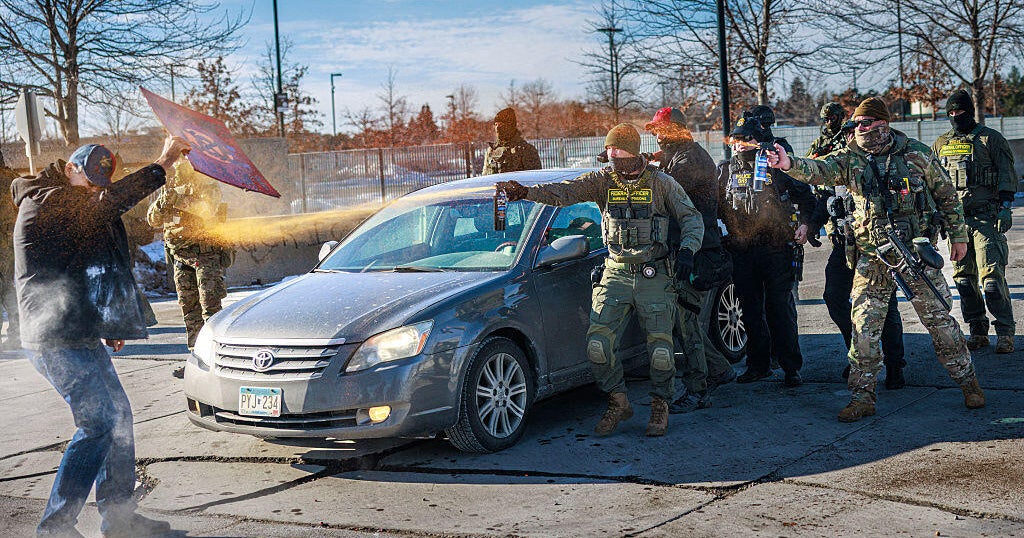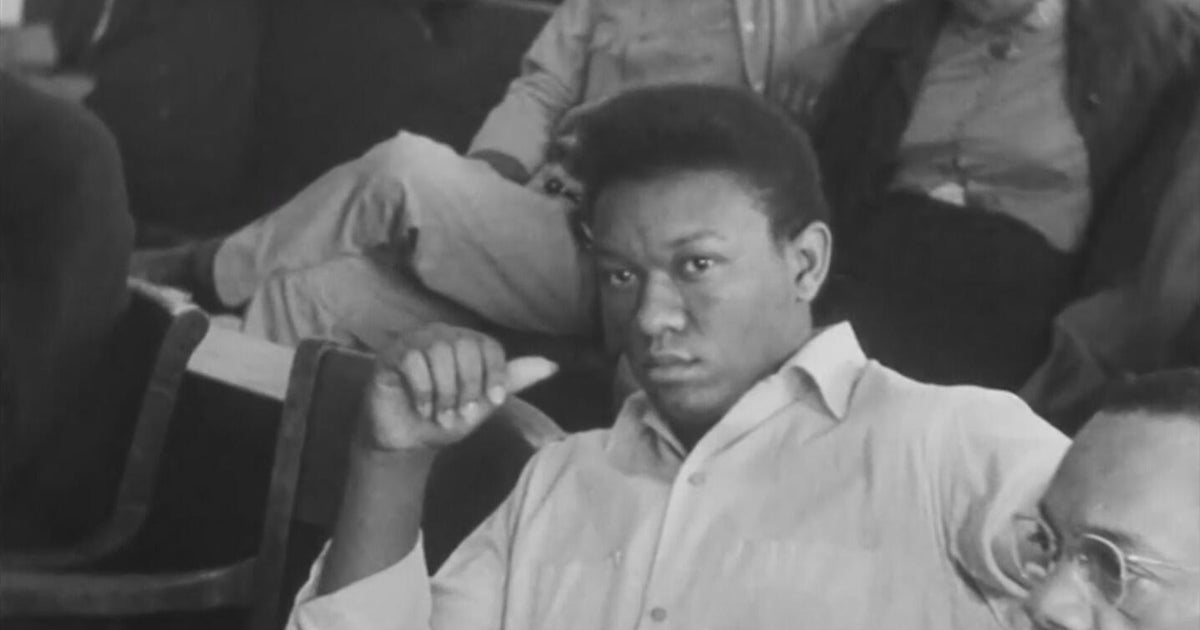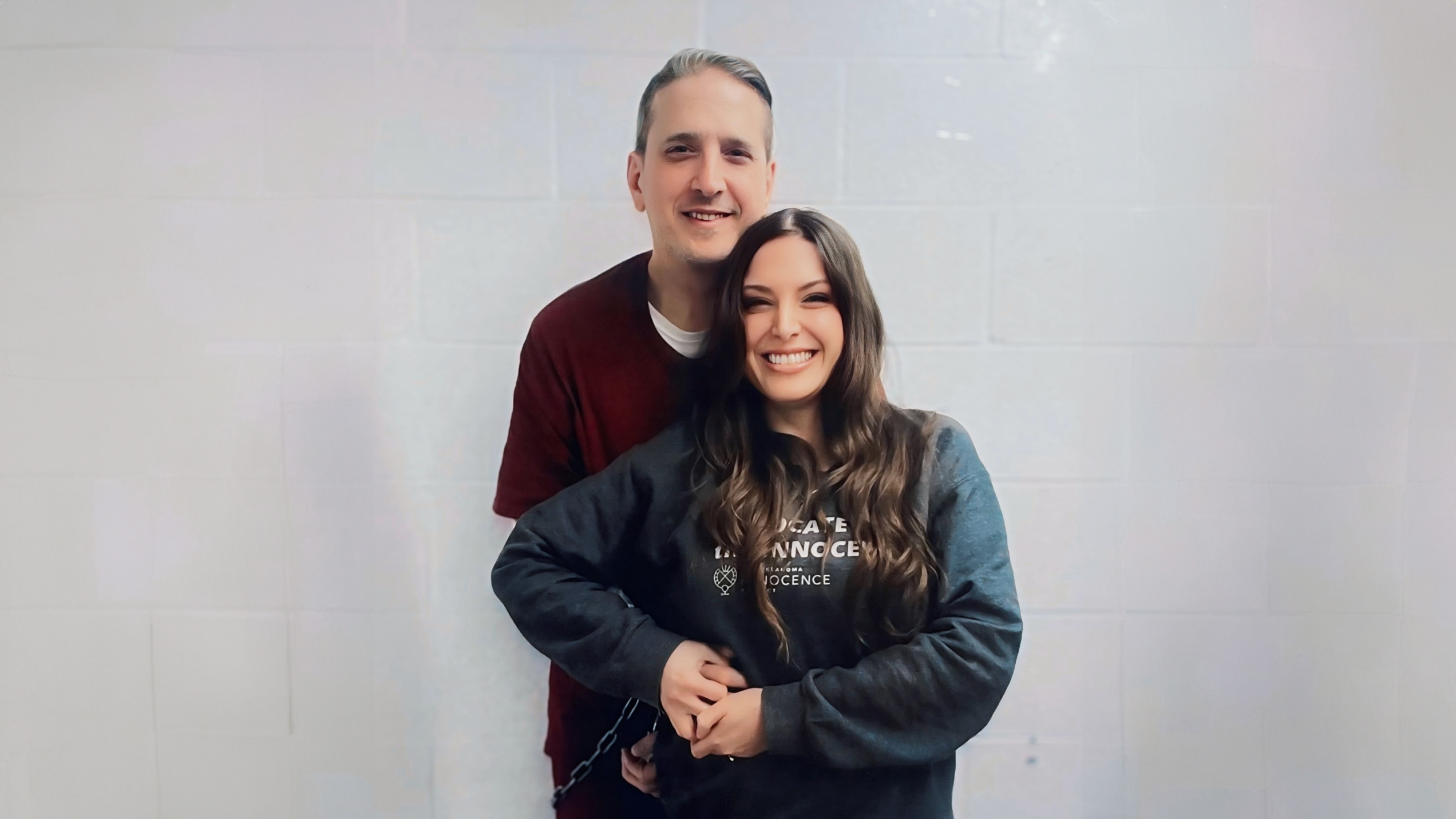Supreme Court temporarily blocks Trump administration from restarting federal executions
The Supreme Court on Friday blocked the Trump administration from restarting federal executions after a 16-year break. Federal executions are expected to be on hold at least for several months while Attorney General William Barr reviews the lower court ruling, which determined that the execution method likely violates the Federal Death Penalty Act.
The court's ruling changed the fate of Daniel Lewis Lee, who was scheduled to die on Monday, December 9. Earlier in the day on Friday, judges in the 7th Circuit Court of Appeals vacated the stay of Lee's execution, which had paved the way for his execution to go through Monday as scheduled.
Lee's execution would have been the first execution by the federal government since 2003. His lawyers are expected to appeal to the Supreme Court.
According to the Justice Department, Lee was a member of a white supremacist group, and an Arkansas jury convicted him in 1999 of murdering a family of three that included an 8-year-old child.
Over the summer, Barr announced federal executions would resume using a single drug, pentobarbital. There are currently four federal Death Row inmates with scheduled executions, all of which are scheduled to happen in December and January.
U.S. District Judge Tanya Chutkan in Washington, D.C., temporarily halted the executions after some of the chosen inmates challenged the new execution procedures in court. Chutkan ruled that the procedure approved by Barr likely violates the Federal Death Penalty Act.
The federal appeals court in Washington had earlier denied the administration's emergency plea to put Chutkan's ruling on hold and allow the executions to proceed.
The Supreme Court justices directed the appeals court to act "with appropriate dispatch."
Justice Samuel Alito wrote in a short separate opinion that he believes the government ultimately will win the case and would have set a 60-day deadline for appeals court action. Justices Neil Gorsuch and Brett Kavanaugh joined Alito's opinion.
Justice Department spokeswoman Kerri Kupec said they are "disappointed" in the Supreme Court ruling, but said they will argue the case in the Washington D.C. district.
After Lee's scheduled execution on Monday, the government had next planned on Friday to execute Wesley Ira Purkey, who raped and murdered a 16-year-old girl and killed an 80-year-old woman. His lawyers say Purkey is suffering from dementia and he has a separate lawsuit pending in federal court in Washington, D.C.
In January, executions had been scheduled for Alfred Bourgeois, who tortured, molested and then beat his two-and-a-half-year-old daughter to death, and Dustin Lee Honken, who killed five people, including two children.
A fifth inmate, Lezmond Mitchell, has had his execution blocked by the federal appeals court in San Francisco over questions of bias against Native Americans. Mitchell beheaded a 63-year-old woman and her 9-year-old granddaughter.
Among those on federal Death Row without scheduled execution dates are Dylann Roof, who murdered nine people at church in Charleston, South Carolina, in 2015, and Dzhokhar Tsarnaev, one of the Boston Marathon bombers. According to the Death Penalty Information Center, only three people have been executed since the reinstatement of the federal death penalty in 1988, including Oklahoma City bomber Timothy McVeigh.
Clare Hymes contributed reporting.





